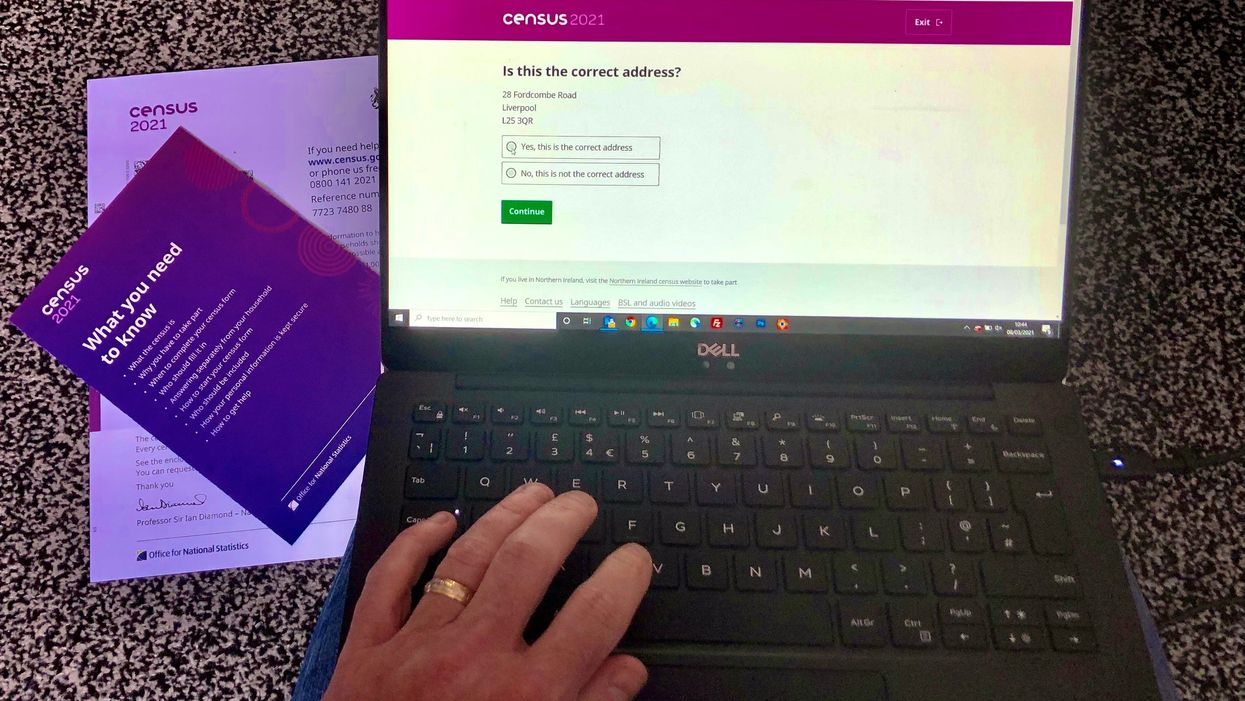
LGBT+ campaigners are hoping to raise awareness of a new feature in the 2021 Census which aims to allow “closeted people to be able to have their voices heard”.
With this year’s census due to take place on March 21, campaigners are keen to highlight that people can request an individual access code, allowing them to answer separately from their household.
This confidential process will override any other census details given on their behalf, and allow people who are not open about their identity with those they live with to answer accurately.
The feature is available on the census taking place in EnglandWales and Northern Ireland.
The Scottish census has been pushed back to 2022, due to the coronavirus pandemic.
For the first time, UK census will have questions about sexual orientation & gender identity. If you need to answe… https://t.co/BJUOpmOJWQ— Notts LGBT+ Network (@Notts LGBT+ Network) 1615365182
One person, who had used the function, told the PA news agency: “I feel it’s important for closeted people to be able to have our voices heard.
“A lot of people, me included, would not feel comfortable telling family members.
“The census affects how resources are distributed and how decisions are made.
“If we can show our government that we are here things might change.
“I have already used this function and implore anyone else who feels safe to do so too.”
Nancy Kelley, chief executive of Stonewall said many people in the LGBT+ community had reservations about completing the census because submissions are often done by one member of the household.
She said the ability to request an individual access code “means a person’s parents, housemates or landlord won’t ever see their answers, so they can be confident that details about their sexual orientation or trans status will be kept safe”.
She added: “This poses a real barrier for those who do not feel they can be open about their identity to their families or those they live with.
“That’s why it’s important people know they can request a separate online or paper form, which is confidential and will override the information submitted by the household.
“The more accurate data we have on sexual orientation and trans status, the more researchers, policymakers, service providers and community organisations will understand the needs of LGBT+ people to develop tailored and inclusive services.
“For far too long, our community has been a hidden population.
“Now we need to make sure all lesbian, gay, bi and trans people in England and Wales feel confident and supported to fill in the Census on March 21, in a way that feels right and safe for them.”
To request an individual access code, visit www.census.gov.uk/en/start/or https://census.gov.uk/ni/start/ and click the option ‘Need to answer separately from the rest of your household?’. An individual code will then be sent via text or an unbranded envelope.
Guidance on how to answer the sex question on the census must be changed, the High Court ruled on Tuesday after a campaign group argued it was “unlawful” and said it was “sex self-identification through the back door”.
Following a hearing on Tuesday, Mr Justice Swift ruled that the online guidance, which is not in the paper versions, should be altered to make it clear that the question can only be answered by reference to a birth certificate or gender recognition certificate.













